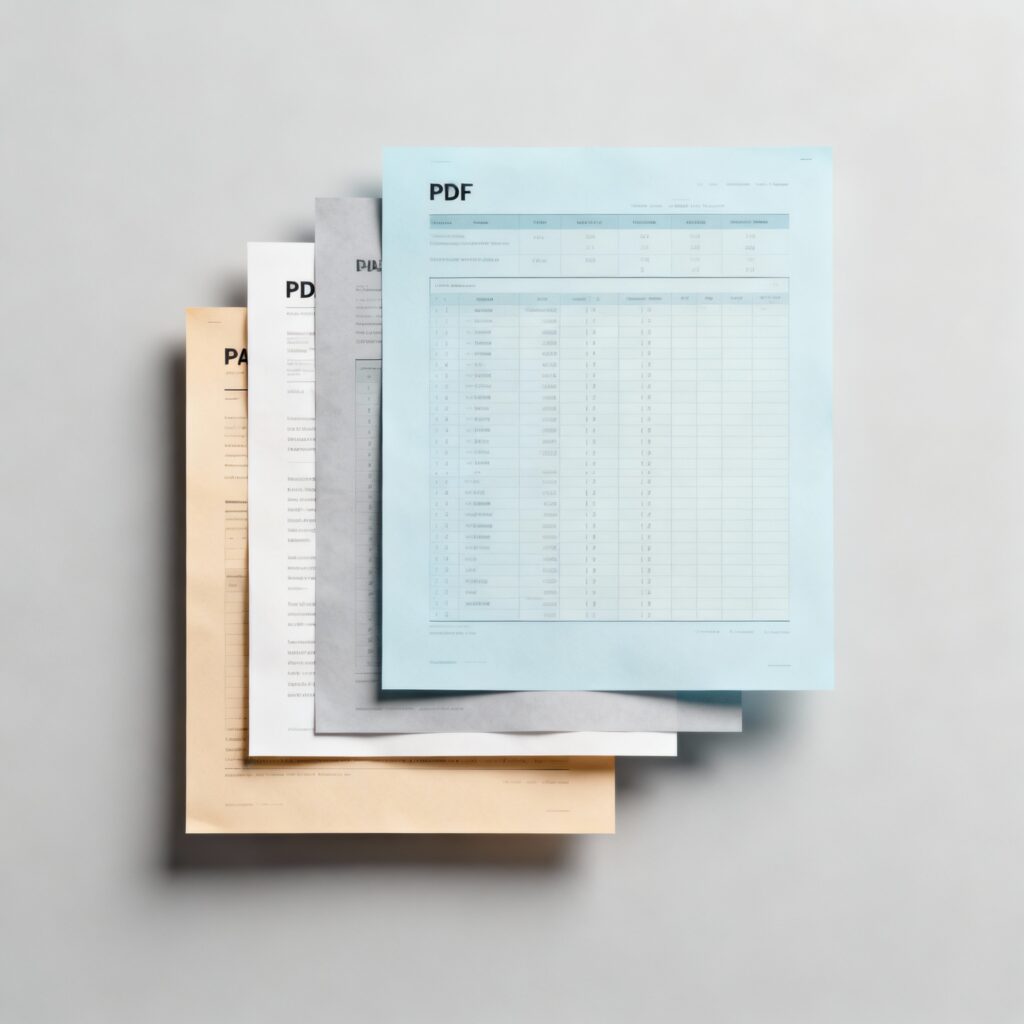How It Started
The Qualcomm Securities Litigation might have passed me by if not for a brief post on The 11th State, a niche finance blog I follow. The notice made me realize that I’d owned QCOM shares during the covered period—so in theory, I might be eligible for a settlement payout.
Filing, however, seemed daunting and probably pointless, especially since most of my trades ended in profit, not loss. Still, curiosity and a touch of personal accountability pushed me to try. I decided to file entirely on my own, skipping lawyers and claim services.
The Unexpected Treasure Hunt
Rediscovering Old Tech and Forgotten Records
The first surprise was just how much historical evidence I needed—and how little I’d saved in one place. My break came when I decided to boot up an ancient PC I hadn’t turned on in years. Against all odds, I found forgotten folders jammed with tax returns, scattered PDFs, and even a backup containing tax records all the way back to 1998. That backup saved me; without it, TurboTax Vault’s strict retention policy would have left me with nothing before 2013.
What truly floored me? TurboTax Vault had quietly deleted many years of my tax returns! I’d trusted their cloud, but it turns out online tax software often wipes old files after 7 years with little warning.
If you’re reading this: always download and save your own copies—never trust a single digital “vault” to keep everything you might someday need.
The Power and Perils of Partial Documentation
As I sifted through my rediscovered records:
- I realized most of my annual 1099-DIV forms were missing—except, thankfully, for 2017. That lone survivor was crucial; it let me calculate my end-of-period Qualcomm shareholding.
- My older tax returns and backup brokerage statements gave evidence of my starting share count at the beginning of the class period.
E*TRADE’s Unexpected Blessing
Another pleasant discovery: E*TRADE maintains order history stretching back to 2010. That let me reconstruct my cost basis, verify every buy and sale, and tally up pieces the tax slips didn’t fully document.
While every broker is different, don’t assume you can retrieve old records forever—check, and download if you haven’t already.
Filing: Obstacles, Frustrations, and Small Victories
Upload, Click, Oops
I’ll admit, the claim website experience was rougher than I expected. After organizing and uploading nearly everything, I accidentally closed the tab and lost all my progress.
Reminder: online claim forms rarely auto-save!
But because I’d made a habit out of organizing my trades in a Google Sheet, refilling the form went much faster the second time.
Piecing Together the Numbers
Estimating shares held at every required date took more work than I thought. Without perfect records, I relied on:
- Dividing total QCOM dividends (from my 2011 tax return) by the annual per-share rate to estimate my 2011 year-end holdings
- Subtracting the shares I sold on Jan 31, 2012, as proven by a tax screenshot, to determine what I held on Feb 1, 2012
- Using my 2017 1099-DIV to confirm end-of-period holdings (dividend received ÷ per-share dividend)
- Matching everything against tidy rows in my Google Sheet, which tracked every trade
It was a patchwork, but one that any claims administrator would recognize and respect.
Lessons Learned (and Tips for Others)
- Download Everything, Every Year: Your broker and tax portals will not keep statements, 1099s, or returns forever.
- Backups are Essential: An ancient backup or dusty PC can prove priceless. Keep both local and cloud copies.
- A Trade Spreadsheet Saves Time: Being organized helped me re-file quickly after an accidental browser tab close.
- Partial Evidence Still Counts: Even a single tax year can help reconstruct your financial story.
- Don’t Panic if You Make a Mistake: Being organized gave me a quick way to recover from errors.
- Filing Isn’t Just About Money: The process gave me clarity and closure on a long-forgotten piece of my past.
Final Thoughts
This claim process forced me into a digital and personal clean-up I’d long delayed. I ended up more knowledgeable about my finances, more organized, and with renewed respect for careful recordkeeping.
Maybe I’ll get a check—maybe not. Either way, I closed out a small, unfinished chapter and learned that persistence, documentation, and making peace with old PCs are more valuable than any single refund.
If you take nothing else away: download your most important documents now, keep at least one backup (two is better), and don’t be afraid to do these things yourself. Future you will thank you.
For official details and to file your claim, visit:
Qualcomm Incorporated Securities Litigation

